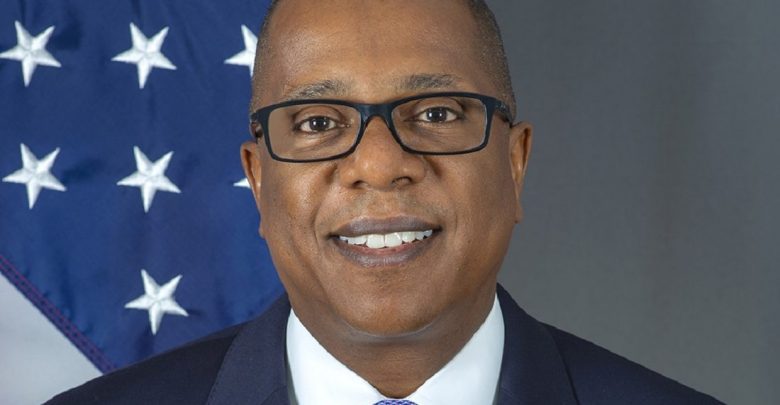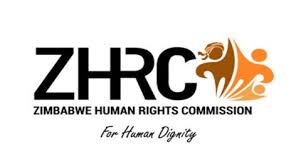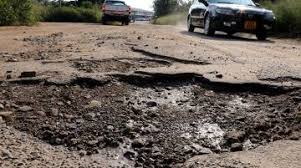US gives Zim $15m for food security

The United States government has poured in another US$15 million in funding in response to the critical food security situation in Zimbabwe.
The additional funding which is provided through the U.S. Agency for International Development (USAID), brings the total to US$38 million in funding for the current lean season.
In a statement, the United States Ambassador to Zimbabwe Brian Nichols announced that the additional funding will guarantee that at least 600 000 rural Zimbabweans will have enough food supplies.
“The United States has allocated US$38 million to the World Food Program (WFP) to provide food rations and cash transfers to purchase food for nearly 600,000 Zimbabweans in 19 districts,” said Ambassador Nichols.
“These food and cash distributions will maintain the nutritional status of vulnerable Zimbabweans and alleviate suffering for those affected by food insecurity”.
He said at least 30 percent of the rural population in Zimbabwe face food insecurity.
An estimated 2.9 million rural Zimbabweans are facing food insecurity, 30 percent of the rural population, said Ambassador Nichols.
“Poor weather conditions in Zimbabwe, including erratic rainfall and long dry spells, have contributed to increased humanitarian needs across the country”.
He said the United States will provide funding to non-governmental organisations that will seek to address food insecurity and malnutrition in rural areas.
“The United States is providing US$144 million over seven years to non-governmental partners Cultivating New Frontiers in Agriculture and World Vision to address the underlying causes of chronic food insecurity and malnutrition in rural areas,” said Ambassador Nichols.
“USAID has also provided US$20 million over five years to Fintrac, Inc. and LEAD Trust to reduce rural poverty and improve food security through increased agricultural production and market linkages for small-scale farmers”.
Ambassador Nichols aid the US government is pleased to be partnering with the United Nations and non-governmental organisations in providing assistance in communities that require it the most.
“We are proud to work with the United Nations, and non-governmental organizations, to deliver this assistance quickly and efficiently to the communities and people who need it most,” said Ambassador Nichols.
“This impact is not possible without non-governmental organizations who are capable and committed implementing partners.”





